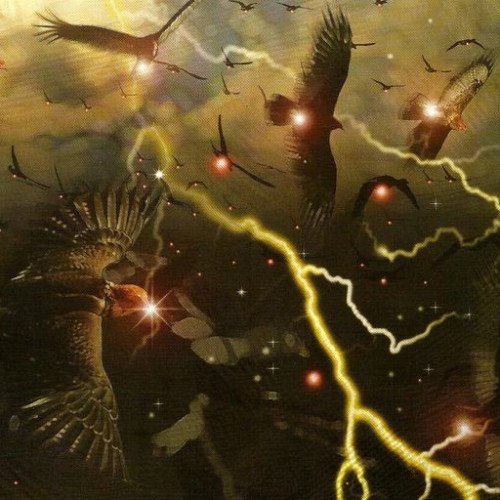Ababil (mythology) VS Hudhud (mythology)

Ababil (mythology)
Ababil (Arabic: أبابيل, romanized: abābīl) means a flock of birds. It refers to the miraculous birds in Islamic belief mentioned in Sura 105 of the Quran that protected the Kaaba in Mecca from the Aksumite elephant army of Abraha, then self-styled governor of Himyar, by dropping small clay stones on them as they approached. In the translation of sahih international, the phrase "tayran abābīl(a)"(طَيْرًا أَبَابِيلَ) is translated as "Birds in flocks" that is mentioned in the verse 105:3. The event is said to have occurred in 570, the year that the Islamic prophet Muhammad was born.
Statistics for this Xoptio

Hudhud (mythology)
Hudhud (English: Hoopoe, Arabic: الهدهد, Turkish: Ibibik, Persian: هدهد, Urdu: ہوپو / ہد ہد) was, according to the Quran, the messenger and envoy of the prophet Sulayman. It refers to the sagacious birds in Islamic mythology, also referred to in The Conference of the Birds, a Persian poem by Attar of Nishapur as the "king of birds". The bird appears twice in the 27th chapter of An-Naml. Hudhud, as described by the Quran played an important role between Sulayman and Queen of Sheba while carrying messages between the two.The word "birds" appears thirteen times in the central religious text of the Muslims, while the word "bird" appears five times, including the Hoopoe twice, which in Islamic belief is often recognized as a creature for communication activities.